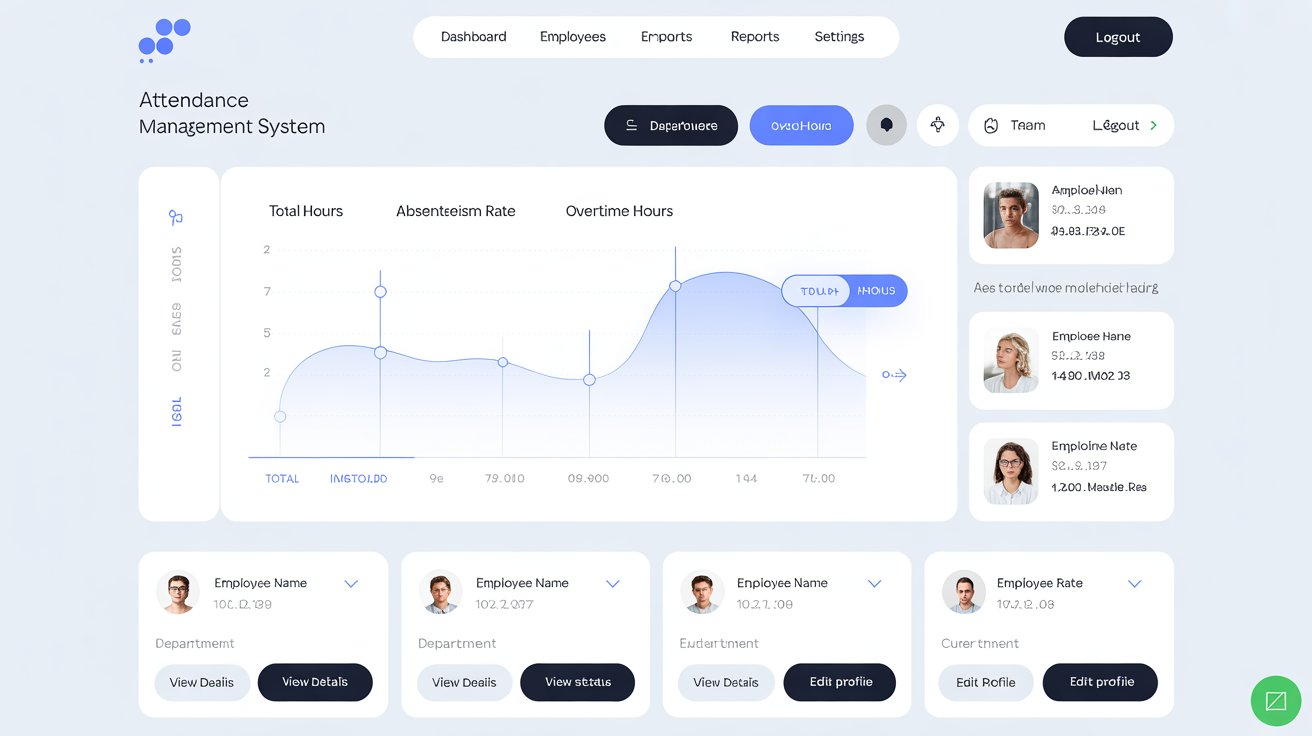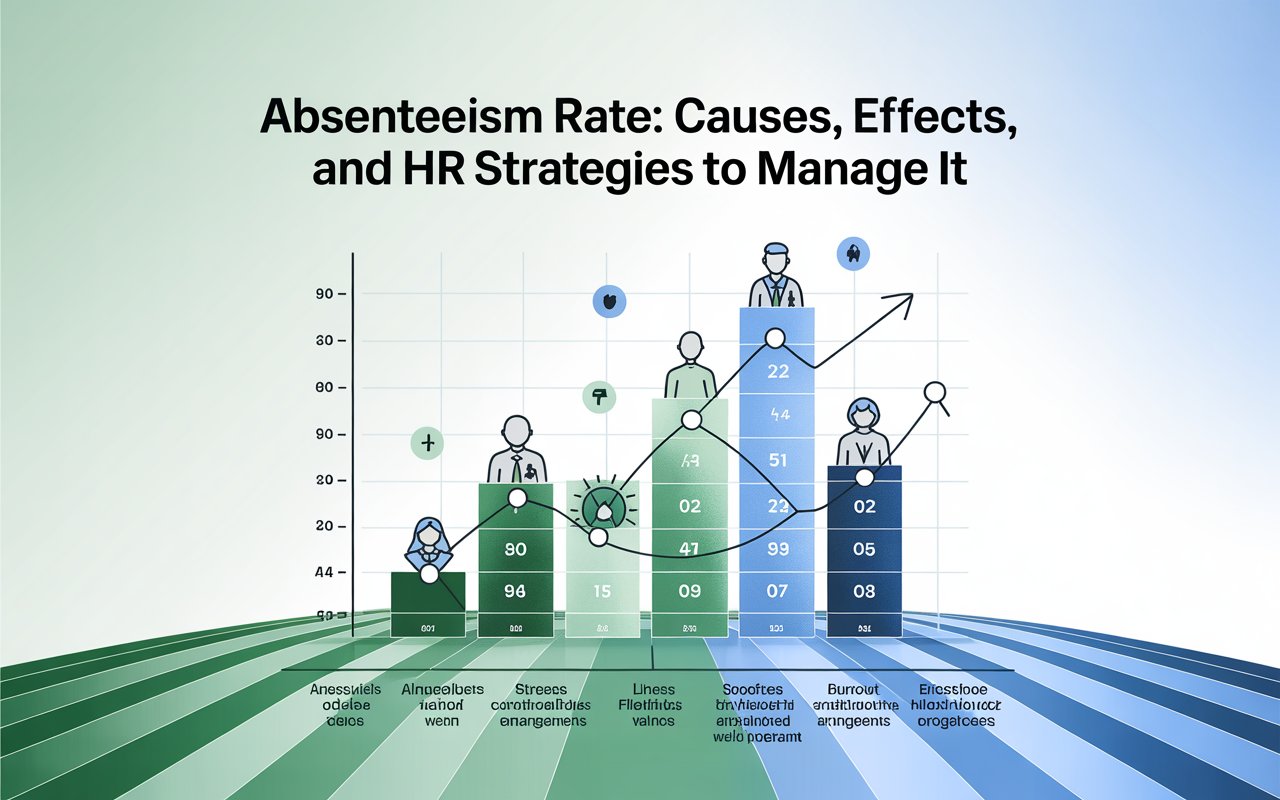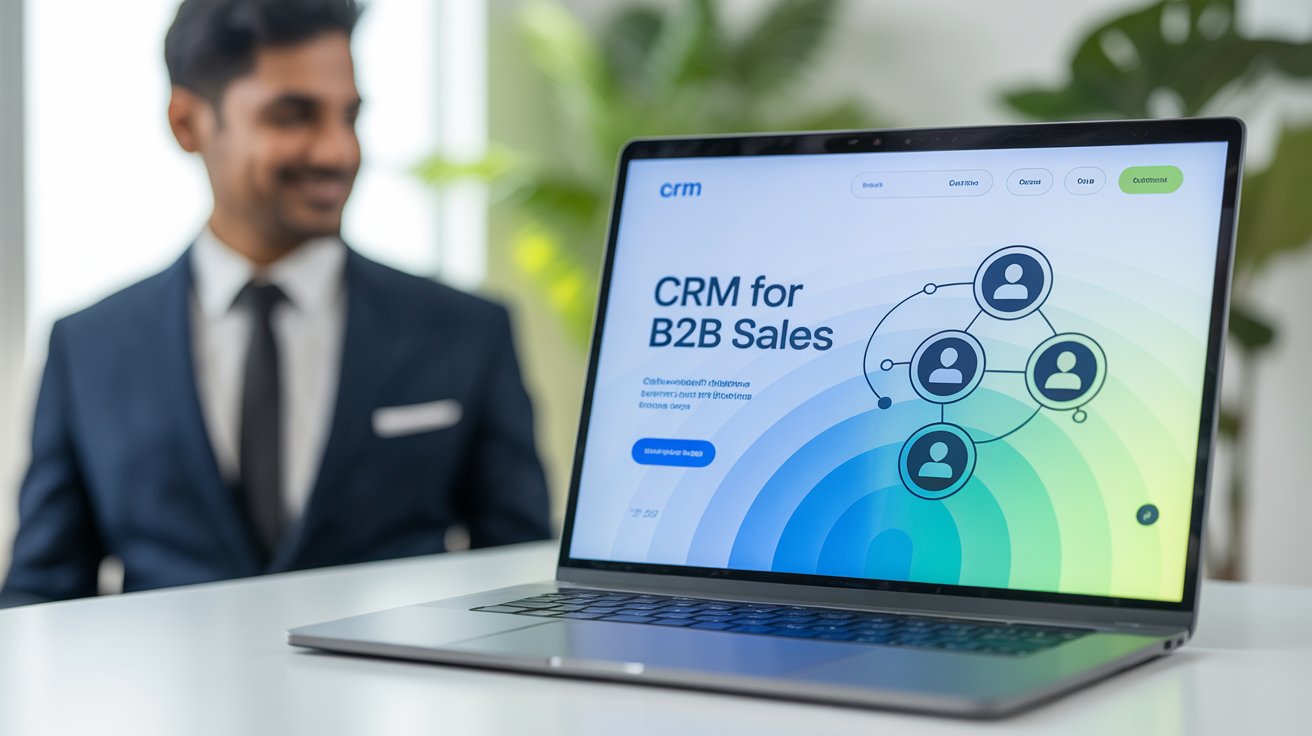Turn Leads into Loyal Clients with CRM-Powered Workflows

Today, lead conversion means the transition from prospect to loyal client-for-selling-is a strategic business goal. CRM Customer Relationship Management programs have grown to be much more than mere contact management systems; the newer generation of CRM tools automates, personalizes, and optimizes the lead conversion process.
Understanding CRM-Powered Workflows
Automated sequences called CRM-powered workflows escort leads along the sales funnel of prospects and customers from the point of first contact to the engagement of the customer after purchase. These workflows utilize information and automation to ensure that both buyers and sellers interact in the right place and at the right time. This guarantees no lead is neglected while maximizing every opportunity.
1. Automated Lead Capture and Segmentation
The new-age CRMs, now incorporating both current and lead generation portals such as websites, social media, and email campaigns, capture lead information on real time. As soon as the leads are captured, the lead management uses automated lead-based segmentation-setup systems to segment leads based on pre-defined conditions such as demographic, behavioral, or source category. This, of course, puts a business in the position of battle at a favorable distance between the customer and business interaction, which increases the likelihood of conversion.
2. Lead Scoring and Qualification
Based on the interaction and engagement levels of leads, CRM applications channelize the lead scoring models that design a value scale over these leads. For example, a lead who, after opening emails, clicking on links, and going to pricing pages, is probably given a higher score meaning he/she has a higher likelihood of conversion to a sale. This scoring phenomenon allows sales representatives to prioritize leads likely to convert and, therefore, allow for maximum utilization of resources.
3. Personalized Nurturing Campaigns
When leads are captured and scored, CRM workflows will initiate personalized nurturing campaigns. These campaigns deliver specific content, either educational emails, product demos, or case studies, depending on the lead's interests and behavior. By providing value and alleviating pain points, companies are then able to build trust and eventually close the sale.
4. Seamless Handoff to Sales Teams
In sending automatic notifications to sales reps when a lead reaches a certain score or shows an intention to buy, CRM workflows would bring information on the lead's journey to the sales team. Such smooth handovers ensure that sales teams are much better equipped to properly engage with leads, resulting in a higher chance of closing the deal.
5. Post-Purchase Engagement and Retention
The role of CRM workflows does not end at the point of sale. Client retention depends on post-purchase engagement. Automated workflows are responsible for triggering follow-up emails, satisfaction surveys, and loyalty program invitations so the client continues to feel valued and encouraged to do repeat business. By keeping in touch, businesses can build long-lasting relationships with their clients.
6. Analytics and Continuous Improvement
A significant advantage of CRM-based workflows is that they collect data and analyze it at every stage of the lead journey. Subsequently, based on data from the CRM regarding open rates, click rates, conversion rates, etc., the businesses will analyze and identify bottlenecks in the sales process, optimize workflows, and fine-tune their strategies for the constant improvement of lead conversion and customer retention.
Industry Trends Shaping CRM Workflows
- AI-Machine Learning Integration: Modern CRMs are embedding AI, as well as predicting possible behaviors of prospective leads, and producing personalized interactions in bulk.
- Omriably engage leads and clients through one common experience enabled by the integrated communication channels.
- Mobile Workflows- Considering that more and more people are using mobile devices, the CRM workflows will finally optimize with mobile access so sales teams can communicate with prospects-from anywhere.
- Integration with other tools merges lead management with advertising automation or customer support and analytical tools into a single cohesive ecosystem to make client retention more effective.
Conclusion
The purpose of workflows powered by CRM applications is not merely automation, but meaningful, personalized experiences that lead through their journey into becoming lifelong clients. When used to the fullest extent, CRM systems will not only streamline business processes, but help them become more efficient while creating lasting client relationships.
In fact, the integration of such workflows into CRM strategies would be a perfect transformation that could produce higher conversion rates, prompt satisfaction, and sustainable growth of business activities.
Note: IndiBlogHub features both user-submitted and editorial content. We do not verify third-party contributions. Read our Disclaimer and Privacy Policyfor details.







